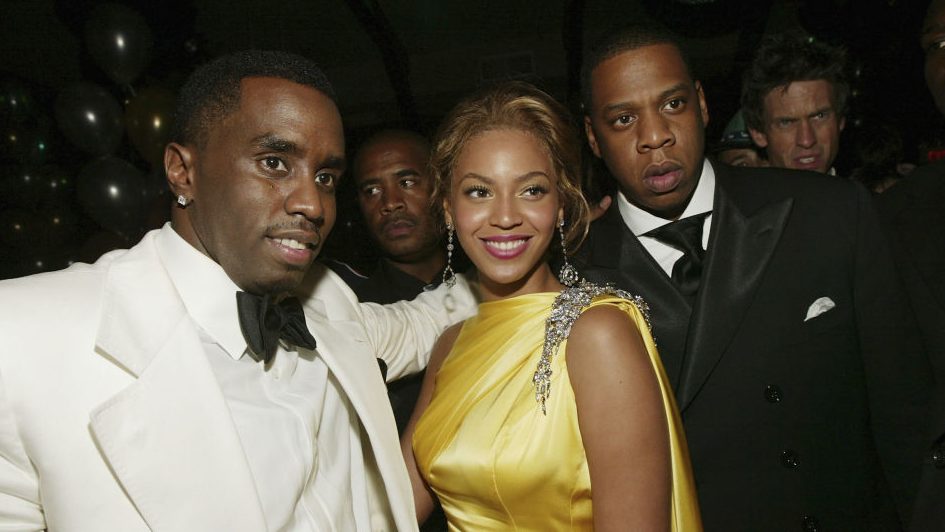
Jay-Z and Beyonce React to Diddy Allegations
A recent legal clash has erupted between rapper Jay-Z and talk show host Piers Morgan
A recent legal clash has erupted between rapper Jay-Z and talk show host Piers Morgan due to controversial statements made by singer-songwriter Jaguar Wright on Morgan’s YouTube show, ‘Uncensored.’ Wright, known for her outspoken views on social media, accused Jay-Z and Sean ‘Diddy’ Combs of engaging in criminal activities, sparking widespread controversy and scrutiny.
As NBC News reports, Jay-Z’s legal team, led by attorney Jordan Siev, issued a ‘legal ultimatum’ to Morgan, criticizing the interview for spreading falsehoods and sensationalism. They argued that it crossed ethical lines in journalism. In response, Morgan apologized on his show and agreed to edit out references to Jay-Z and Beyoncé following legal pressure.
Piers Morgan’s irresponsible broadcast filled with lies is so far over the line that a legal ultimatum was warranted. Nobody acting under the guise of journalism can elicit outrageous statements from exploitative situations in an effort to drive clicks, and not have to answer for that,” Jordan Siev, one of Jay-Z’s lawyers, said.
The allegations against Combs, who faces charges including sex trafficking and racketeering, have intensified public interest and scrutiny. Despite his denial of all charges, Combs remains in custody pending a bail appeal. This situation has raised broader questions about media responsibility and the impact of spreading unverified claims within the entertainment industry.
👀 Jaguar Wright may be headed to court after her interview with Piers Morgan🎤💥The Carters wasted no time clapping back, hitting her with that cease-and-desist.
🗣️https://t.co/qnWn11T1Yb#JaguarWright #JayZ #Beyonce #MessyMonday🔥 #SpeakOnIt #piersmorgan pic.twitter.com/ef14KoEqMy
— Bayou Beat News (@BayouBeatNews) October 9, 2024
This incident underscores ongoing debates about journalistic integrity, legal constraints on media content, and the influence of celebrity scandals. As the controversy continues, it prompts reflection on the role of media personalities in shaping public perception and the ethical boundaries of investigative reporting.